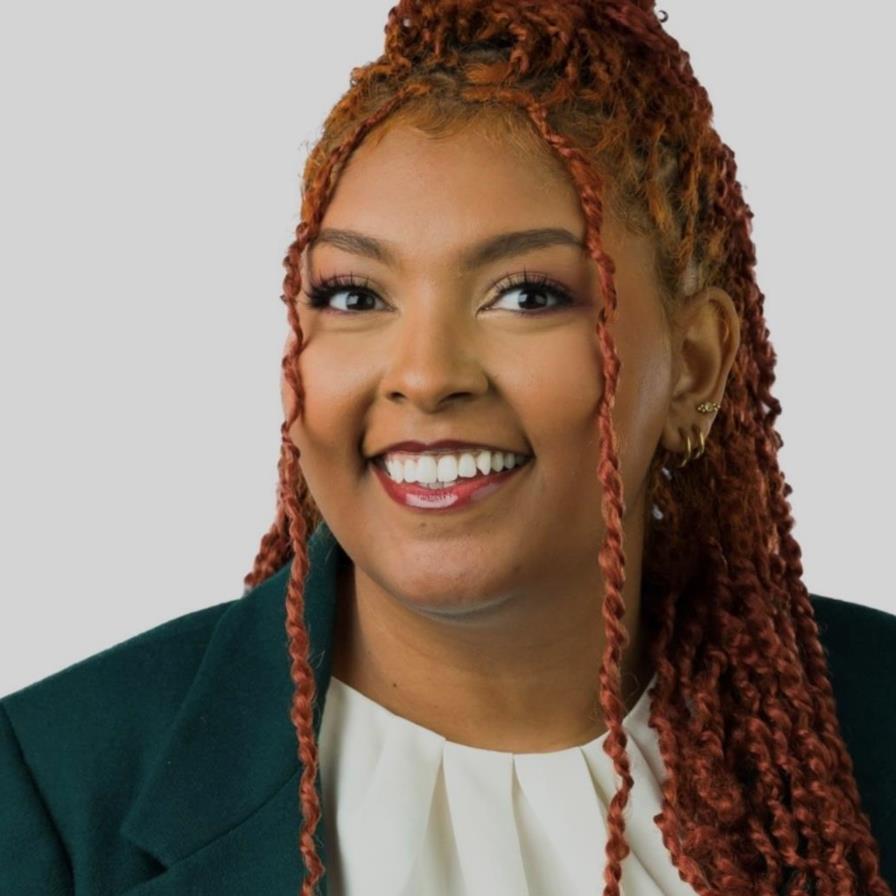The legacy of Aeden Anbesse
Aeden Anbesse was a mentor, role model and friend to many students on campus. Her passion for her work as the Black & African American student program coordinator at Utah State University enriched the lives of countless people. Anbesse passed away on Dec. 29, 2023.
“She was the first inaugural Black & African American student program coordinator of Utah State University’s Inclusion Center,” an obituary posted on Nelson Funeral Home’s website reads. “She used her platform to advocate for students who navigated intersectional barriers facing our community in academia.”
Jona Oduli, the Asian American and Pacific Islander Student Support Program Coordinator for Utah State University’s Inclusion Center, wrote to the Utah Statesman about her experience working with Anbesse.
“As Aeden’s colleague, she impacted my life tremendously both as a professional and as a friend. She was the Asian Student Association’s advisor before I came into my role and so when I started, I relied on her prior experience with the club to help shape the vision I had for my program and what my advising “style” would be,” Oduli wrote in an email to the Utah Statesman.
Oduli wrote being a program coordinator is a position of professional mentorship and Anbesse fulfilled this older sibling-like role with grace and excellence.
“As program coordinators our jobs can sometimes feel like we’re professional older siblings; we have our cultural connections that bind us, and though we don’t have enough authority to parent, we have just enough to guide the younger ones to the next step,” Oduli wrote. “So, I know that she cared for her students the way a big sister would, to the best of her ability.”
Oduli also wrote Anbesse contributed to diversity, equity and inclusion efforts on campus by being herself.
“After she passed, her family let us know that her work had been her respite, that this became the place where her dignity was preserved, where she could be a normal person. From the many conversations we had had about diversity issues and our lives as BIPOC folks, it was clear that the principle of normalcy was extremely important to her because it was never just easily handed to her as a Black disabled woman,” Oduli wrote.
Oduli wrote Anbesse’s treatment of her students exemplified the mission and purpose of the Inclusion Center. Anbesse treated everyone who she encountered as an equal.
“Excellence is something I don’t want to minimize, but it honestly has nothing on knowing with your whole heart that you don’t have to spend every moment of life working to justify your existence in order to be deserving of respect and dignity,” Oduli wrote. “Aeden didn’t care about who was considered excellent, average, or mediocre—to her, everyone belongs, which is a principle at the core of what we do in the Inclusion Center.”
The feeling of profound loss experienced by those who knew her serves as evidence of her incredible impact on the world, Oduli wrote.
“I think the immense grief I’ve felt from her passing really speaks to how she was so easy to love and admire—an instant true friend. I recently learned from one of her family members that when I started working in the Inclusion Center, she wanted to be work besties but didn’t want to scare me off,” Oduli wrote. “I get teary-eyed just thinking about it because I wish so badly that we could have had more time for our friendship to grow even more. There are so many things I had yet to talk to her about. I’m so grateful I got to be a part of her normal. Even though our time together was short, I know I’ll cherish our friendship for years to come.”
Ta’Mariah Jenkins, the secretary of the Black Student Union, shared her fond memories of working with Anbesse in an email to the Statesman and the advice Anbesse shared with minority students about attending a predominantly white institution.
“She kept all of our administration work organized and gave us some key advice that shaped our BSU to have some of our most successful events,” Jenkins wrote. “She was like a strong-headed anchor that held us steady. In addition to making sure we had solid advice in life and how to navigate being at a PWI school.”
Jenkins wrote she experienced firsthand the care and love Anbesse had for her students.
“She was a person that was diligent in me as a person and as a student,” Jenkins wrote. “She was firm about making sure my grades were on good terms before participating in BSU activities and wanted to make sure my mental health was stable.”
Beyond her work at the Black Student Union, Anbesse was described both in her obituary and by Oduli as loving beautiful things. Her obituary described her as a “bona fide maximalist.” Oduli described her as having a great taste and an eye for opulent aesthetics, influenced by her stint with Job’s Daughters when she was a child.
Anbesse was profoundly creative, and her obituary describes her hobbies of baking and ceramics.
More so, as her obituary shares that Anbesse was vibrant, lighting the lives of those who knew her. She will be sorely missed.
“From an early start, she proved to be a force to be reckoned with and held the attention of all who knew her,” her obituary reads.

